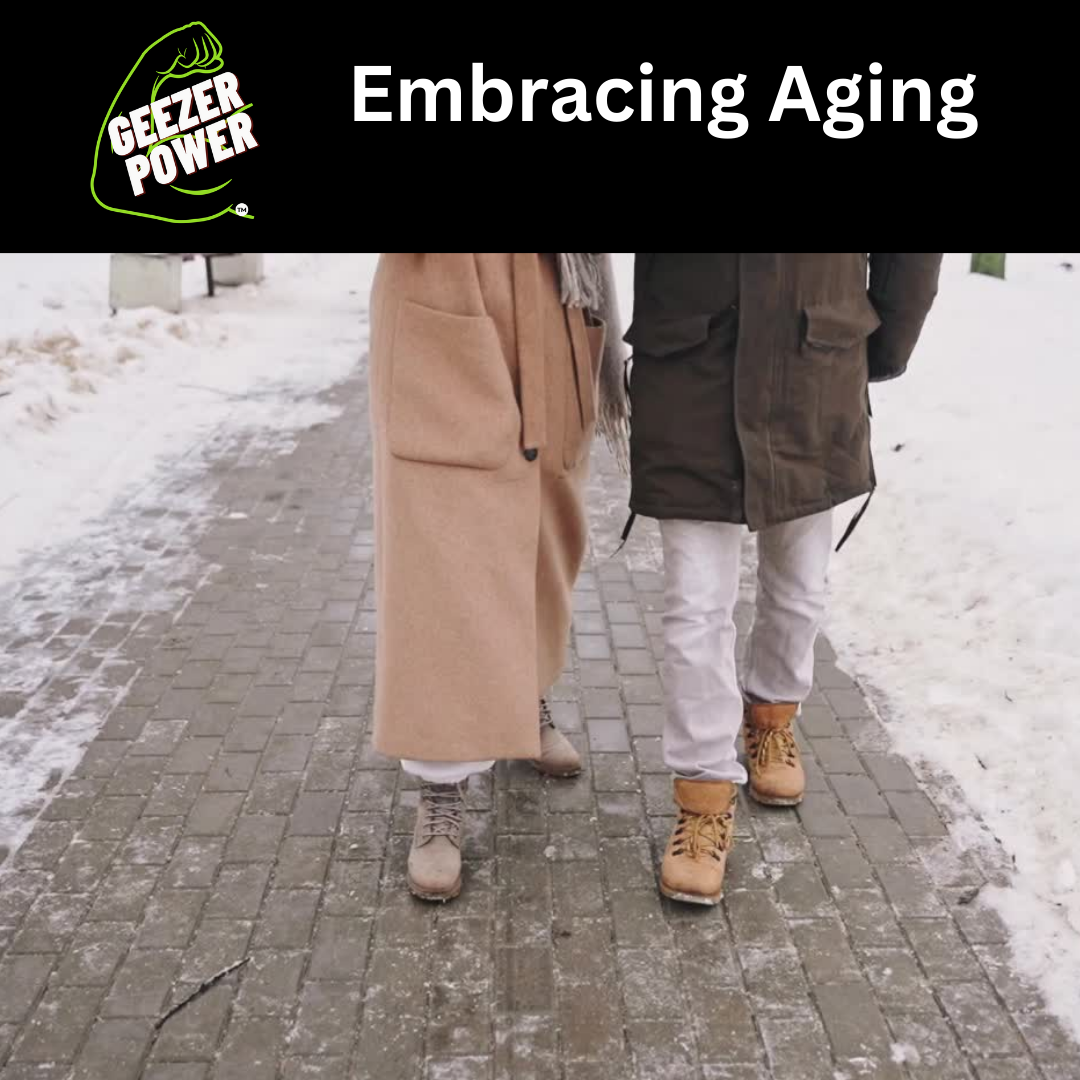
Embracing Aging
Embracing Aging: Signs, Causes, and Thriving with Time
Aging is an inevitable journey that brings with it wisdom, experiences, and yes, physical changes. While the passage of time may present certain challenges, understanding the signs of aging and taking proactive steps can lead to a vibrant and fulfilling life. Let’s explore the facets of aging, backed by science and infused with personal insight.
What are the Outward Signs of Aging?
As we age, our bodies undergo various changes that manifest outwardly:
Wrinkles and Fine Lines: Loss of skin elasticity leads to wrinkles, particularly around the eyes, mouth, and forehead.
Gray Hair: The gradual loss of pigment in hair results in gray or white strands.
Sagging Skin: Reduced collagen production causes skin to sag, especially on the face and neck.
Thinning Hair: Hair becomes finer and may experience thinning.
Age Spots: Dark spots or patches appear on the skin due to sun exposure and aging.
Is Aging Related to Weight Gain?
Aging can contribute to weight gain due to various factors:
Metabolic Changes: Slower metabolism leads to reduced calorie burning.
Hormonal Shifts: Changes in hormone levels, such as decreased estrogen and testosterone, can affect body composition.
Muscle Loss: Reduced muscle mass (sarcopenia) affects metabolism and leads to weight gain.
Lifestyle Factors: Sedentary habits and dietary changes over time can contribute to weight gain.
Types and Reasons for Aging Conditions
Aging is a complex process influenced by genetic, environmental, and lifestyle factors:
Biological Aging: Cellular changes and DNA damage over time contribute to biological aging.
Environmental Factors: Sun exposure, pollution, and toxins accelerate skin aging.
Lifestyle Choices: Poor diet, smoking, excessive alcohol consumption, and lack of exercise hasten aging.
Genetic Predisposition: Family history plays a role in how we age and our susceptibility to certain conditions.
How Aging First Shows Up
Aging often begins subtly, with gradual changes in physical appearance and function:
Decreased Energy Levels: Fatigue becomes more pronounced.
Joint Stiffness: Reduced flexibility and increased joint discomfort.
Reduced Muscle Mass: Strength and muscle tone decline.
Memory Changes: Mild forgetfulness or cognitive slowdown.
Vision and Hearing Changes: Eyesight and hearing may deteriorate.
Interconnected Nature of Aging
Aging affects multiple body systems and can increase susceptibility to various health conditions:
Cardiovascular Health: Increased risk of heart disease and hypertension.
Bone Health: Higher likelihood of osteoporosis and fractures.
Immune Function: Weakened immune response and slower wound healing.
Cognitive Decline: Memory loss, dementia, and Alzheimer’s disease risk.
Chronic Effects and Preventative Actions
Proactive measures can mitigate the effects of aging and promote longevity:
Regular Exercise: Strength training, cardiovascular workouts, and flexibility exercises preserve muscle mass and overall health.
Healthy Diet: A balanced diet rich in fruits, vegetables, lean proteins, and omega-3 fatty acids supports cellular health and combats inflammation.
Sun Protection: Use sunscreen and wear protective clothing to prevent premature skin aging and reduce skin cancer risk.
Stress Management: Practices like meditation, yoga, and deep breathing alleviate stress, which can accelerate aging.
Regular Check-Ups: Monitor health and address age-related concerns promptly.
Benefits of Preventative Actions
Taking proactive steps toward healthy aging yields numerous benefits:
Enhanced Mobility: Maintaining strength and flexibility supports independent living.
Reduced Disease Risk: Lower incidence of chronic conditions like diabetes, heart disease, and osteoporosis.
Improved Mental Health: Exercise and a balanced diet support cognitive function and emotional well-being.
Increased Longevity: Healthy lifestyle choices contribute to a longer, more vibrant life.
Achieving a Higher Quality of Life
A proactive approach to aging enhances quality of life by:
Promoting Independence: Preserving physical and cognitive function supports autonomy.
Facilitating Social Engagement: Maintaining health enables participation in social activities and hobbies.
Enhancing Overall Well-Being: Feeling strong, energetic, and mentally sharp fosters a positive outlook.
Possible Complications of Aging
While aging is a natural process, certain complications may arise:
Chronic Illness: Increased susceptibility to chronic diseases such as diabetes, arthritis, and heart disease.
Functional Decline: Reduced mobility and independence due to physical limitations.
Social Isolation: Health issues and life changes may limit social interactions.
Financial Challenges: Healthcare costs and retirement planning become considerations.
In conclusion, aging is a transformative journey marked by physical changes and unique challenges. By embracing preventative measures and nurturing overall well-being, individuals can age gracefully, maintaining vitality and savoring life’s experiences. The key lies in understanding the signs of aging, adopting healthy habits, and cultivating resilience to navigate the passage of time with grace and optimism.